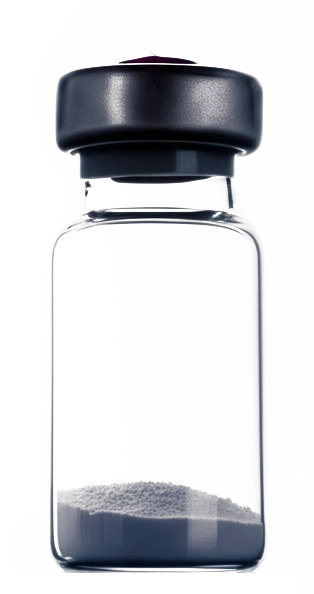The future of peptides for autoimmune diseases is bright, with ongoing research expanding their applications. Scientists are exploring new peptide sequences and delivery methods. This aims to enhance their efficacy and bioavailability. One area of focus is the development of oral peptides. Oral administration would greatly improve patient convenience and compliance. However, peptides are susceptible to degradation in the digestive tract. Researchers are using innovative strategies to protect peptides from degradation. These strategies include encapsulation and chemical modifications. Another promising area is the use of peptides in combination therapies. Combining peptides with other drugs can produce synergistic effects. This enhances treatment outcomes and reduces the need for high doses of individual drugs. Beyond autoimmune diseases, peptides are being investigated for a wide range of other conditions. These include cancer, cardiovascular disease, and neurological disorders. Their versatility and specificity make them attractive candidates for treating complex diseases. As peptides in drug development continue to evolve, they are expected to play an increasingly important role in modern medicine. Therapeutic peptides offer a targeted and effective approach to disease management. They hold great potential for improving patient outcomes and transforming healthcare. The innovative use of peptides for medical treatment is expanding and offering new hope. Anti-inflammatory peptides are set to revolutionize the treatment of autoimmune conditions.








